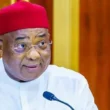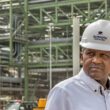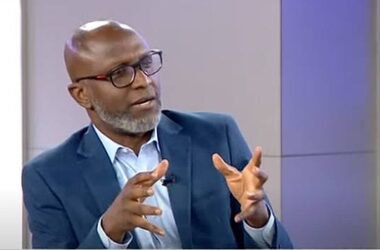The Ohanaeze Ndigbo Youth Wing, the leading socio-cultural group for Igbo youths, has articulated its reasons for not participating in the upcoming nationwide hunger protests scheduled from August 1 to 10, 2024.
During a press briefing held in Enugu on Monday, following an Emergency Convention of Igbo Youth Leaders and Stakeholders titled “State of the Nation,” the acting National President, Chukwuma Okpalaezeukwu, shed light on their decision.
He acknowledged the numerous grievances affecting the South East, such as economic difficulties, high youth unemployment, and inadequate representation in governance. However, he stressed that the Igbo youths have chosen a different path to address these issues.
Okpalaezeukwu announced that, after extensive consultations with youth groups across the region, Ohanaeze decided to pursue a strategy of dialogue with the Federal Government and South East governors. This decision aligns with the broader stance of their elders, emphasizing peaceful and constructive engagement over protests.
“We need one more state to balance the South East with other zones. We have many of our young people, including Nnamdi Kanu who are held across different detention centres unjustly,” Okpalaezeukwu said. He also expressed concerns about the potential for violence and property destruction that might accompany the protests, drawing parallels to the violent outcomes of the EndSARS protests in 2020.
“We don’t want a repeat of the destruction of our investments across the country because we will become the targets anywhere the protest holds,” he added.
The Ohanaeze Youth Wing believes that through meaningful dialogue, they can better ensure that the voices of Igbo youths are heard and that issues of equity, fairness, and inclusion are addressed. They also called for the appointment of Igbo youths into political positions to ensure they are adequately represented in the country’s governance.
Okpalaezeukwu noted that despite the end of the civil war, the South East still faces significant challenges. He expressed hope that continuous dialogue with the government would address the region’s longstanding grievances without resorting to protest, which he fears could lead to further harm.










